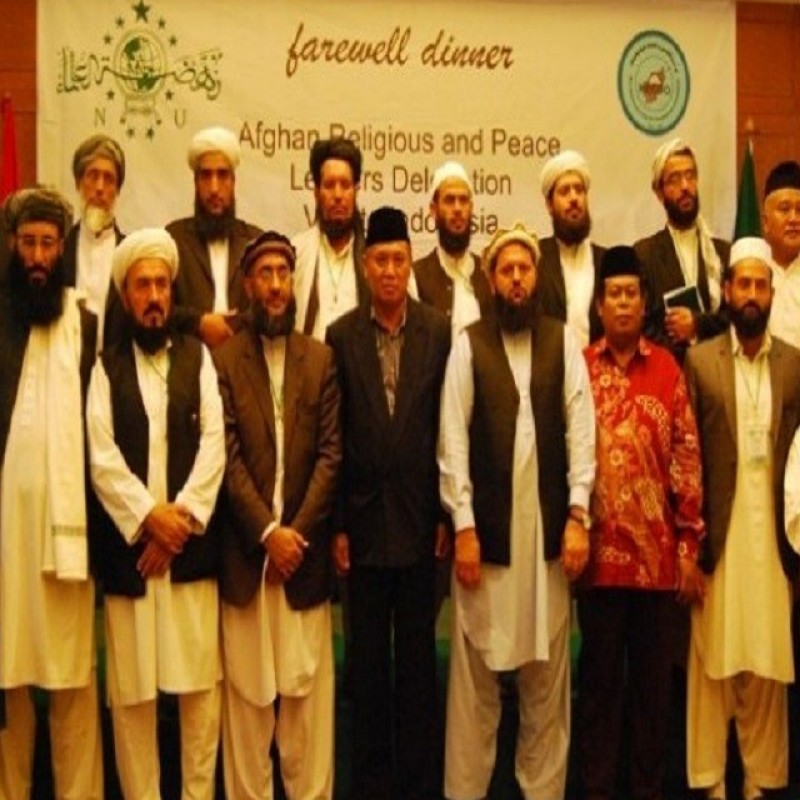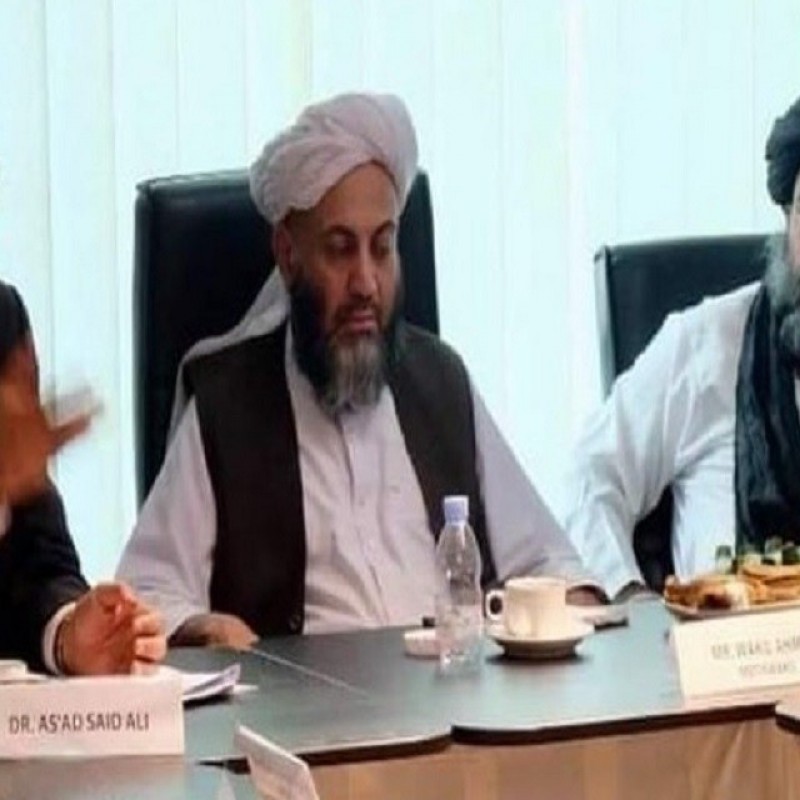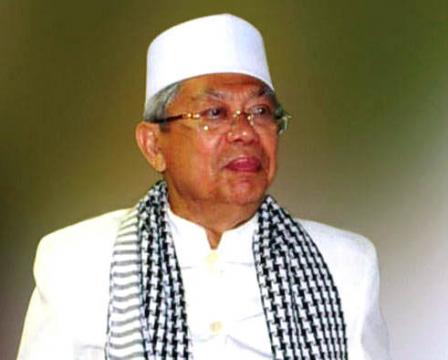Middle East observer reveals potential of Talibanism in Indonesia
NU Online · Senin, 23 Agustus 2021 | 14:28 WIB
Jakarta, NU Online
The Middle East observer Muhammad Imdadun Rahmat urged the government to ensure that the Taliban group having now succeeded in controlling Afghanistan does not interfere with Muslims in the country. This is because the Jamaah Islamiyah (JI) group in Indonesia emerged from combatants who returned from Afghanistan.
According to him, ordinary Muslims in Indonesia still often dream of establishing an Islamic state, about a caliphate, and the application of Islamic law. The success of the Taliban in controlling Afghanistan has the potential to spread radical, even ultra-conservative religious understanding to Indonesia.
"On the one hand the Taliban is far away, (Indonesia) has nothing to do with regional stability, but what touches directly is the issue of radicalization. The Indonesian government must ensure that the Taliban does not or should not help radical groups in Indonesia," he told NU Online here recently, saying that the new Afghan government should not interfere in Indonesia.
“Clerics and religious teachers (ustadz) in Islamic boarding schools (pesantren) must also be aware of the possibility of increasing radicalization in the form of ideology and religious thought in Indonesia. We are worried that the Taliban will revive JI sleeper cells,” the Director of the Said Aqil Siroj (SAS) Institute added.
He explained that currently, the JI network in Indonesia was 'sleeping'. Meanwhile, those who live and work in Indonesia are Jamaah Ansharut Daulah (JAD), resulting in arrests in various parts of the country.
“This JAD is owned by ISIS. Because ISIS collapsed, they made money through charity boxes. When ISIS existed, they didn't need a charity box. They could do training, bombings by using money from the Middle East, now they are using charity boxes. But de facto, it is JAD that is now active," Imdad explained.
The same thing was feared when the Taliban came to power, namely that the JI network in Indonesia would receive direct support from Afghanistan. Because according to Imdad, after one group succeeded in coming to power, all state businesses were taken over and no longer made in the name of the state, but through foundations whose funds could flow to Indonesia.
"So even though at this time, the dominant Akhundadza (faction) in Afghanistan is moderate, but remember in moderation the Taliban remain ultra-conservative and have a very thick wedge with Al-Qaeda which has accused Muslim governments around the world, justifying their leaders' blood, even though the people are not," explained Imdad.
Taliban religious understanding
The Akhundzada faction of the Taliban is said to have a moderate style. Because they are willing to make peace efforts with the Afghan government, in contrast to other factions within the Taliban who reject dialogue.
"The others are non-cooperation, negotiation and diplomacy. So, just pure resistance. Well, if this (Akhundzada) wants to negotiate and discuss. Although the journey failed because between the two sides (the Taliban and the government of Ashraf Ghani) could not. its mediation failed,” Imdad explained.
Although one faction of the Taliban is called moderate, the overall religious understanding of the Taliban is ultra-conservative. When compared to conservative groups in general, the Taliban remains more conservative.
The ultra-conservative understanding of Taliban is the cause of various phenomena of the application of Islamic law that is too tight. These include women's aurat to the burka. In fact, Imdad added, if a woman exposed her nakedness, she would be immediately punished.
Reporter: Aru Lego Triono
Editor: Sudarto Murtaufiq
Terpopuler
1
PBNU Soroti Bentrok PWI-LS dan FPI: Negara Harus Turun Tangan Jadi Penengah
2
Khutbah Jumat: Jadilah Manusia yang Menebar Manfaat bagi Sesama
3
Khutbah Jumat Hari Anak: Didiklah Anak dengan Cinta dan Iman
4
Khutbah Jumat: Ketika Malu Hilang, Perbuatan Dosa Menjadi Biasa
5
Khutbah Jumat: Menjadi Muslim Produktif, Mengelola Waktu Sebagai Amanah
6
Khutbah Jumat: Jadilah Pelopor Terselenggaranya Kebaikan
Terkini
Lihat Semua




















